
by Fern Shaw | Apr 17, 2025 | water cooler, Water Coolers
Easter’s that magical time of year when chocolate eggs multiply faster than you can say “just one more,” family lunches somehow turn into full-on feasts, and you start wondering if hot cross buns count as a balanced diet (they do have fruit in them, after all). But while we’re busy nibbling our way through mini eggs and dodging competitive egg hunts, there’s oft one thing that tends to get overlooked: staying hydrated.
Yep, amongst all the sweet treats and celebratory sips, good old water often ends up playing second fiddle to prosecco and tea. But hear me out – hydration is the ultimate Easter hack. It’s the low-key legend that helps you stay energised, makes sure the excessive chocolate consumption doesn’t hit too hard and keeps your skin glowing enough to rival a foil-wrapped bunny.
Whether you’re corralling children on a sugar high, hosting the family roast, or just enjoying the long weekend lazing in the garden, drinking water throughout the day can make a world of difference. No pressure to glug litres – just a steady top-up here and there to keep things ticking over nicely.
And let’s not forget the seasonal flair. Pop some lemon or mint in your glass, pour it into a fancy water glass, or go full Easter chic with a pastel straw. Hydration, but make it festive.
So in between the Easter egg hunts, the catchups and the inevitable “I probably shouldn’t have had that third helping” moment, give a little love to water. Your body – and your post-roast nap – will thank you.
Here’s to Easter, hydration, and balance (even if it’s one chocolate egg in each hand). Cheers – with a nice, cool glass or bottle of water, of course – from us here at AquAid to you!
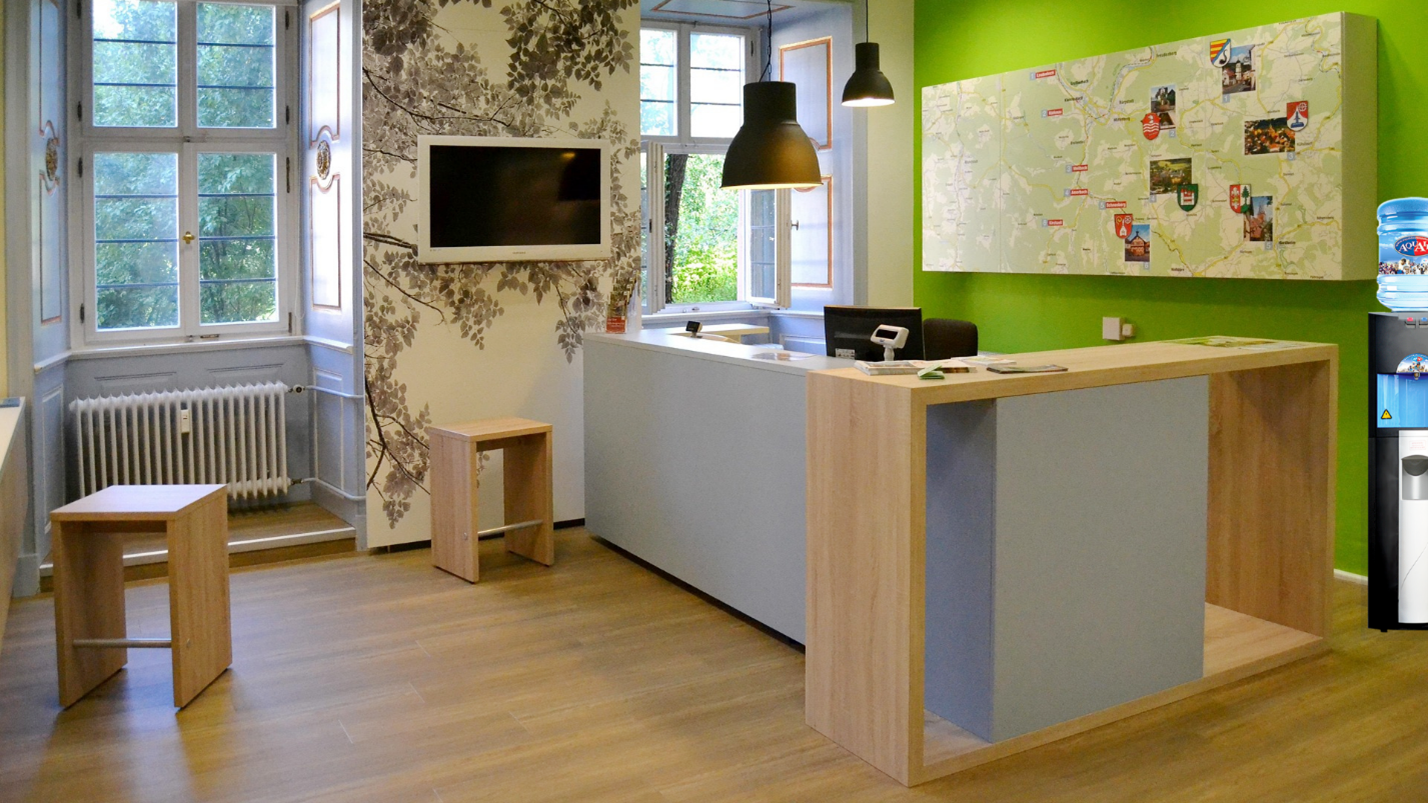
by Fern Shaw | Apr 14, 2025 | water cooler, Water Coolers
First impressions matter, especially when welcoming customers and visitors into a business or workplace.
In any public space – be it a business, community centre, library or event venue – small touches can make a big difference in how customers and visitors feel. One of the simplest yet most effective ways to enhance their experience is by offering easy access to drinking water. Whether it’s through water dispensers, refill stations for reusable bottles, or a water jug and glasses at reception, the gesture goes a long way in showing care and consideration.
Being able to grab a quick drink can help people feel welcome, relaxed and looked after. It’s especially appreciated on warmer days, during long appointments, or when visitors have travelled some distance. A water station doesn’t just quench thirst – it signals that their comfort matters. And for businesses, it’s a subtle but meaningful way to build goodwill. When people feel good in your space, they’re more likely to stay longer, engage more positively and leave with a favourable impression.
Offering water isn’t just about hospitality, either. There’s a growing awareness around sustainability and reducing non-recyclable, single-use cups. By providing places where people can refill their own water bottles, organisations are supporting greener habits. It shows alignment with environmental values that more and more customers care deeply about.
From a practical perspective, installing water coolers is a cost-effective option. A wide range is available – from compact countertop models for small workspaces to high-capacity dispensers suited to schools, universities and large organisations. Easy to install, maintain and service under contract, they offer excellent value, especially when weighed against the positive feedback and customer satisfaction they can bring.
For places that see frequent footfall – such as gyms, salons, co-working spaces, or tourist spots – the benefits multiply. It’s also worth noting that being able to offer water can support inclusivity too. Not everyone is comfortable asking for a glass of water, especially in unfamiliar settings. Making it easily available removes that barrier and helps create a more welcoming atmosphere for all.
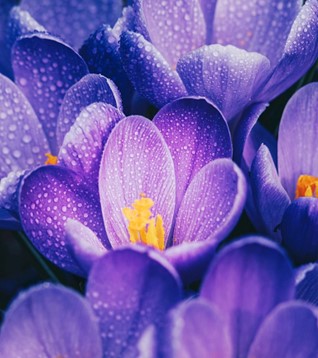
by Fern Shaw | Mar 26, 2025 | bottle fed water coolers, water cooler, Water Coolers
Finally! Spring has sprung! After what can sometimes feel like an eternity of grey skies and chilly mornings, there’s a real sense of things coming back to life. And just as the natural world is renewing and re-energising, it’s a cracking time for us to think about doing the same for ourselves.
One of the simplest, yet most effective ways to give yourself a boost, no matter what you’re up to, is to make sure you’re drinking enough water. Whether you’re on your way to work, hitting the gym, sat at your desk, putting your feet up at home, or out and about socialising – honestly, for pretty much anything you’re doing – staying properly hydrated can only do you good.
Now, if we turn our thoughts to the workplace, a lot of organisations are probably thinking about how to refresh things after the winter months. So, the question is, how can you help your company feel ready for this season of renewal? Here at AquAid, we genuinely believe we have the perfect solution to make it easy for your workforce to keep those hydration levels topped up throughout the working day. Whether your team prefers a nice cool drink, something chilled on a warmer day, or even instant hot water for a cuppa and no matter the size of your organisation, AquAid has a solution that will fit the bill perfectly.
We offer a fantastic range of water dispensers, catering to all sorts of needs. For schools, where keeping both children and staff hydrated is key, we have high-volume watercoolers that can handle the demand. And for all sorts of other environments, from bustling building sites and busy events to warehouses, workspaces, and offices right across the nation, we’ve got a selection of mains-fed or bottle-fed watercoolers able to dispense low, medium and high volumes of refreshing drinking water.
But there’s more to it than just keeping everyone refreshed. We’re also incredibly proud of the charity aspect of our business. With every mains-fed water dispenser installation and every purchase of our bottled water, there are automatic donations made to the truly fantastic charities we support.
These organisations are doing incredible work implementing safe water resources, predominantly in Africa, for millions of people who desperately need it. These sustainable water projects are a huge part of what we do, and it’s something we know our customers really value. So, when you choose AquAid, you’re not just looking after your own hydration needs; you’re also helping to make a real difference to the lives of others.
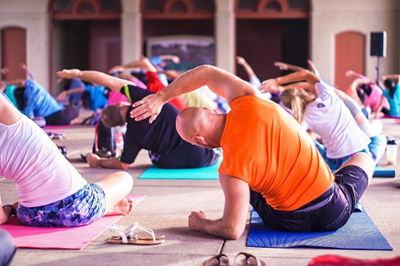
by Fern Shaw | Mar 13, 2025 | water cooler, water cooler, Water Coolers, water dispenser
Our kidneys carry a very weighty responsibility in our bodies – as organs, they are one of the biggest multi-taskers we have – they are responsible for a myriad of functions – primarily:
- To remove waste and extra fluid.
- Control blood pressure.
- Make red blood cells.
- Keep bones healthy (Vitamin D production) and
- To control pH levels.
As our kidneys consist of 79% water it becomes more apparent of how crucial they are to keeping our systems running smoothly.
To elaborate: Water helps the kidneys remove wastes from your blood in the form of urine. Water also helps keep your blood vessels open so that blood can travel freely to your kidneys and deliver essential nutrients to them. But if you become dehydrated, then it is more difficult for this delivery system to work. Mild dehydration can make you feel tired and can impair normal bodily functions. Severe dehydration can lead to kidney damage, so it is important to drink enough when you work or exercise hard.
What may not be that apparent though is experiencing pain in the kidneys is often mistaken for back pain, which can be why we may not always realise that our kidneys are water deficient and are unable to function at optimal level.
That’s why it’s important to maintain good drinking water habits as this often is the simplest method towards ensuring good kidney health.
Due to the complex nature of our body’s kidney’s function, it’s always good to monitor your water consumption and to be ‘water wise.’
One of the first indications you may be dehydrated can easily be seen in the colour of your urine. If you’re sufficiently hydrated, your urine will be light yellow or close to colourless. The darker yellow your urine is, the more dehydrated you are.
Another reason to maintain sufficient water intake is this practise can help reduce the likelihood of both kidney stones and urinary tract infections (UTIs). Kidney stones form less easily when there is sufficient water available to prevent stone-forming crystals from sticking together. Water helps dissolve the antibiotics used to treat urinary tract infections, making them more effective. Drinking enough water also helps produce more urine, which helps to flush out infection-causing bacteria.
At AquAid we take the business of proper hydration seriously, from several perspectives:
We’re constantly working to ensure that our customers are supplied with water dispensers that perfectly match their drinking water requirements.
We also provide re-usable water bottles to schools to encourage healthy hydration habits among the children (and staff!)
We understand the importance of helping others gain access to clean drinking water. Which is one of the reasons that, for over 24 years, AquAid have donated funds to charity. The charities we support implement sustainable water projects for people in need. To date, we have donated over £22 million funding vital access to potable water for more than four million people.
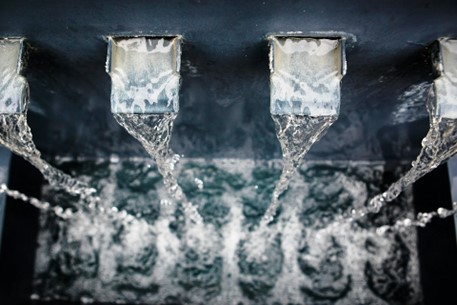
by Fern Shaw | Mar 13, 2025 | water cooler, water cooler
This is not, as one might deduce from the heading, a blog about an elephant* and a fountain**, but rather about steps that you can take when you’re convinced that you’re about to have a meltdown rivalling that of Chernobyl.
Close your eyes (preferably not when you’re driving your lorry). Gently let the world disappear and go within to regain your equilibrium. This makes sense as when one thinks of how much information one is bombarded with every waking minute of the day, it can only be a blessed relief to switch off that constant input for a little while and not just while one is sleeping, as that’s a whole different kettle of fish. Consciously closing one’s eyes and drifting off can calm ones frayed nerves immensely.
Go outside. This can be easier said than done, as we don’t all have the luxury of a village green, Common or park near us, but you can try to find a safe(ish) open area with a bit of grass or a bench where you’re not jammed in cheek by jowl with other people.
Breathe deeply. Breathing is the foundation of sanity, because it is the way we provide our brain and every other vital organ in our body with the oxygen needed for us to survive. Breathing also eliminates toxins from our systems. One of the simplest ways to calm the nerves is to stay still (sitting or standing) and breath in through the nose, mouth closed, deep into the stomach, and exhale, again, through the nose, mouth closed. Repeat 3 x.
Find some water. Whether it’s a local pond or a gentle babbling brook, being close to running water is very calming. On the rainy or snowy days that you can’t really venture outside, take a shower and imagine (albeit briefly) that you’re on some tropical island underneath a waterfall – and [insert name of favourite fantasy companion here] is preparing your meal nearby.
Drink water. When you’re overwrought, keep drinking it – from your water bottle or water glass every hour or so. Walk beside some water, look at it and listen to it. Get into some if you can, for a bath or a swim. Hot baths and hot springs are popular for good reasons.
*Although we do blog about elephants – Elephant Pumps to be precise – on occasion. More information on the connection between drinking water and elephants can be found here.
**Again, although the references here are more geared towards garden and decorative water fountains, it’s worth noting that we – AquAid – offer a wide range of top-quality water fountains, guaranteeing access to refreshing drinking water.
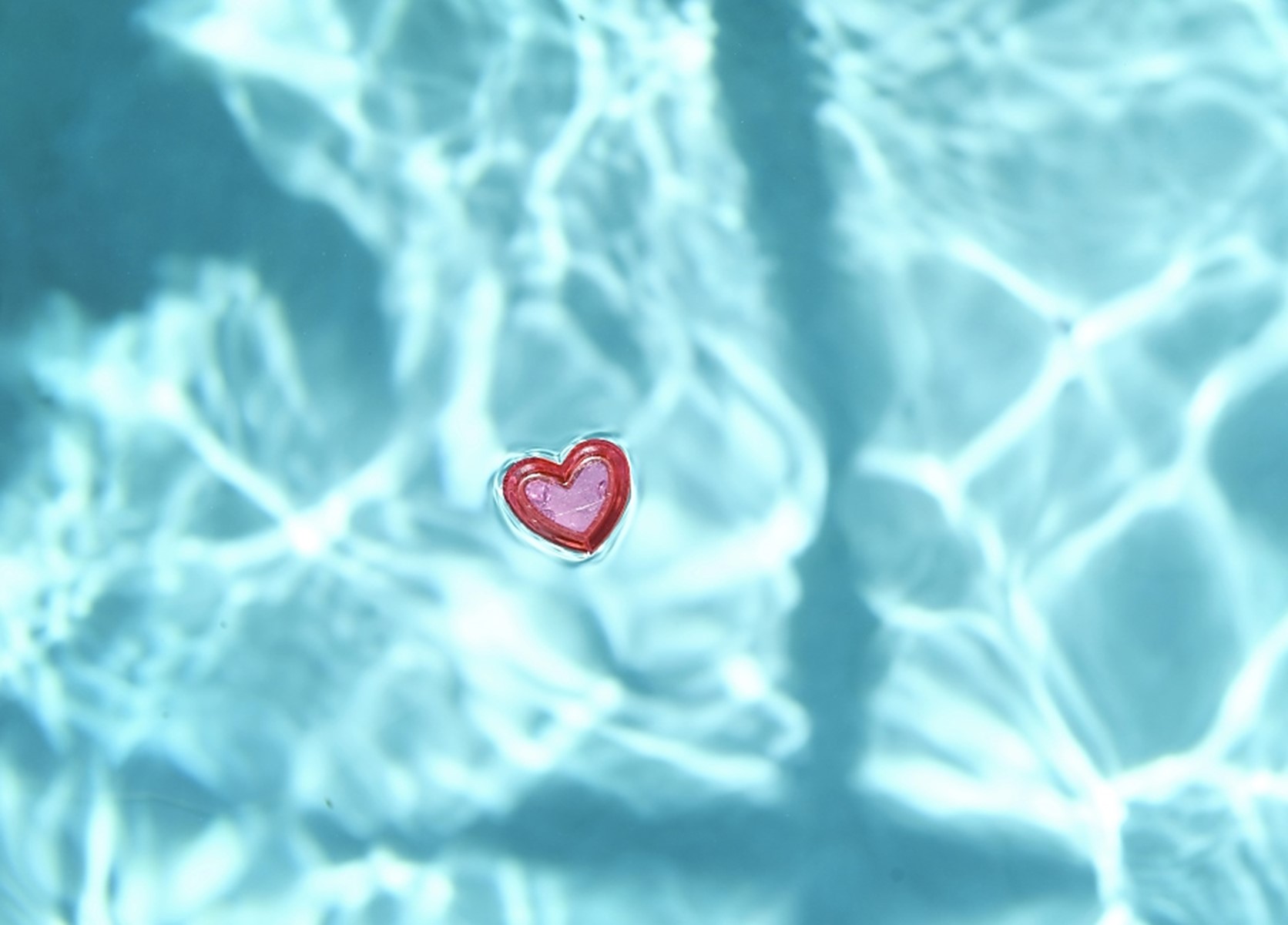
by Fern Shaw | Feb 12, 2025 | Water, water cooler, water cooler
Valentine’s Day, for some, is both one of the most dreaded and alternatively, most anticipated days in the February calendar, for a variety of reasons.
Dreaded because the day seems to have morphed into a commercialised and forced day of having to publicly declare your feelings of love and affection to a significant other.
Anticipated because the expectations of many objects of affection wait anxiously to see what the day will bring them.
Sadly, the tradition and meaning of Valentine’s seems to have been lost, which is a pity as the real aim (har har) of the day was rather lovely (and quite passionate!)
Examples through history:
*The earliest surviving valentines in English appear to be those in the Paston Letters, written in 1477 by Margery Brewes to her future husband John Paston “my right well-beloved Valentine”.
Valentine’s Day is mentioned ruefully by Ophelia in William Shakespeare’s Hamlet (1600–1601):
To-morrow is Saint Valentine’s day,
All in the morning betime,
And I a maid at your window,
To be your Valentine.
Then up he rose, and donn’d his clothes,
And dupp’d the chamber-door;
Let in the maid, that out a maid
Never departed more. ~ William Shakespeare, Hamlet, Act IV, Scene 5
In the Victorian-era there was a language of flowers, sometimes called floriography, a means of communication in which various flowers and floral arrangements were used to send coded messages, allowing individuals to express feelings which otherwise could not be spoken. This language was most communicated through a tussie-mussie (flower posy), an art which still has a following today, if in a much simpler manner.
The nuances of the language are now mostly forgotten, but red roses still imply passionate, romantic love; pink roses denote affection; white roses suggest virtue and chastity and yellow roses still stand for friendship or devotion.
Things to perhaps consider for this Valentine’s Day – whether you choose to celebrate the day or not. If you are presenting/receiving a tussie-mussie to/from your intended, remember to give it water.
Just a friendly heads-up: please don’t use the water from the home, office or school watercooler. That’s for us humans, and we kind of need it to, you know, live.
Plus, think about it: if someone doesn’t get a Valentine’s, they’ll need that drinking water to keep their skin looking all youthful, glowing and plumped-up. A bit of hydration can work wonders, whether it’s for a pre-date glow-up or just to help them plot their (hopefully more successful) strategy for next year.
Happy Valentine’s!
*source: Wikipedia






